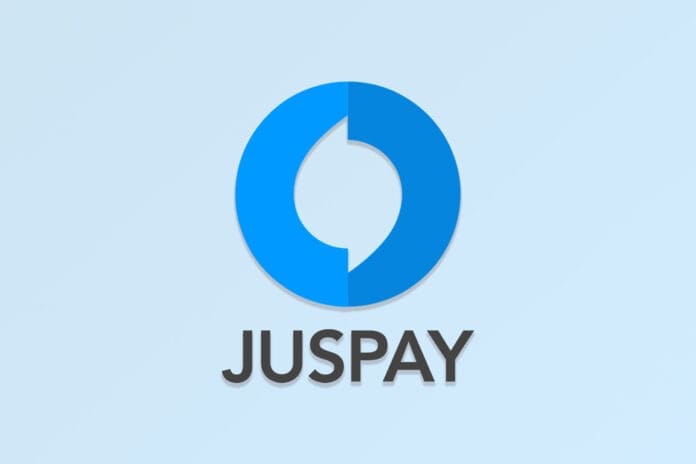Goldmine Advertising has been entrusted with managing the social and digital media strategy for Canara Bank, with a focus on boosting the bank’s engagement across key platforms such as Facebook, Instagram, LinkedIn, and more. This strategic collaboration aims to elevate Canara Bank’s digital footprint, appealing to younger audiences and fortifying its position in the increasingly competitive online banking space.
Through this partnership, Goldmine Advertising will lead the design and execution of robust social media strategies to ensure Canara Bank’s digital presence aligns with the expectations of modern banking consumers. The agency’s role will encompass enhancing visibility and engagement across major platforms like Facebook, Instagram, X (formerly Twitter), LinkedIn, and YouTube. In addition to creating engaging content, the agency will work on building a loyal community around the brand and managing online reputation, while also implementing SEO tactics to ensure the bank stays ahead in the ever-changing digital environment.
Pratik Singla, CEO of Goldmine Advertising, shared his enthusiasm for the collaboration, stating, “Canara Bank is a well-respected legacy brand with extensive national reach. This partnership adds significant strength to our BFSI portfolio and presents an exciting opportunity to apply our expertise in elevating their social media presence. Our team is eager to create powerful campaigns and push the boundaries of creativity with the support of our in-house content and digital specialists.”










